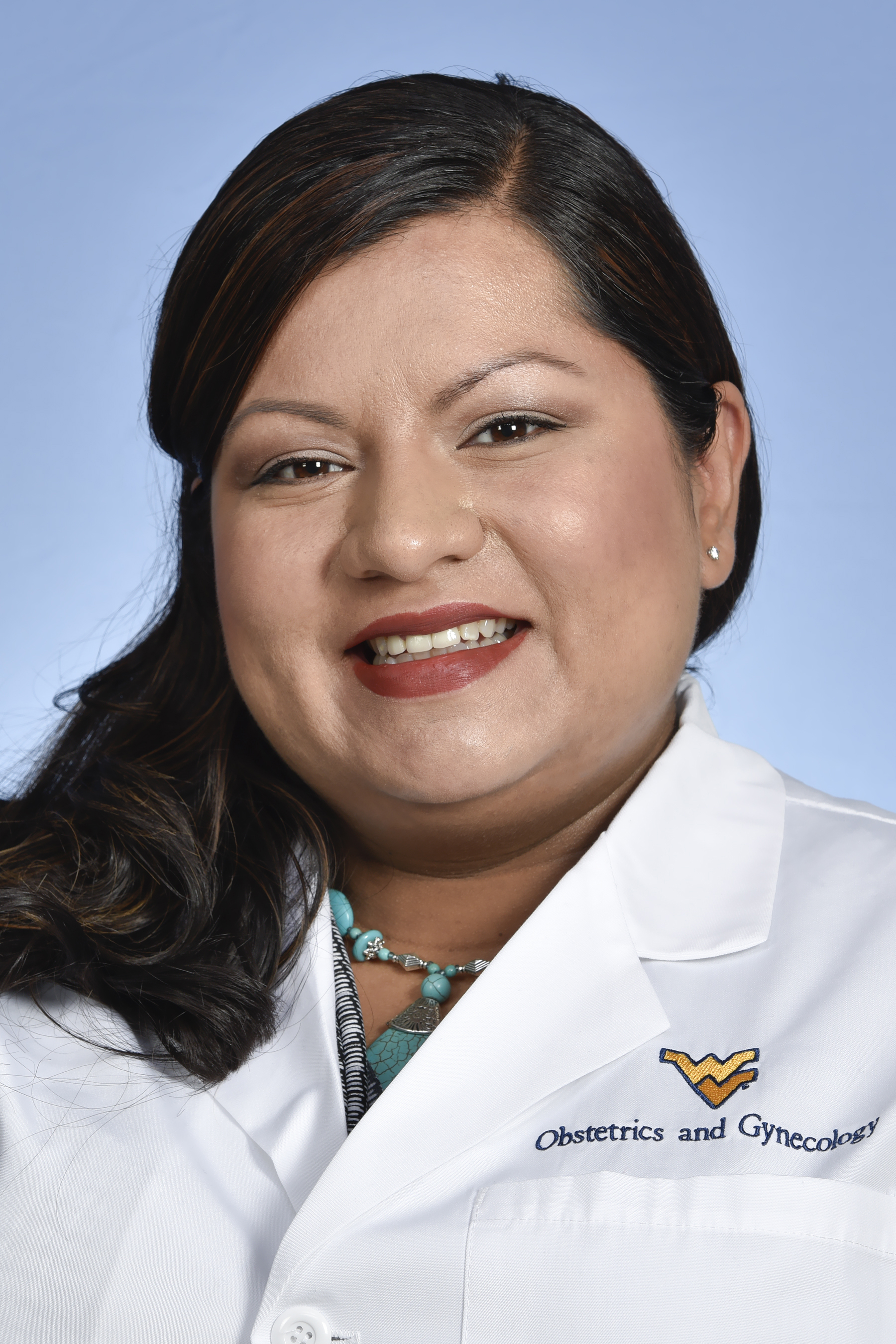WVU oncologist researches new treatment for cervical and vaginal cancers

 Cervical cancer can be insidious. Changes to the cervix are often detected with a pap smear, but for those with limited access to health care, cervical and vaginal cancers can go unnoticed for years—silently growing, spreading and invading other organs—and by the time they’re detected, they may be so advanced that the patient’s prognosis is poor and her treatment options few.
Cervical cancer can be insidious. Changes to the cervix are often detected with a pap smear, but for those with limited access to health care, cervical and vaginal cancers can go unnoticed for years—silently growing, spreading and invading other organs—and by the time they’re detected, they may be so advanced that the patient’s prognosis is poor and her treatment options few.
Valerie Galvan Turner, a gynecologic oncologist at the West Virginia University Cancer Institute, has opened a randomized clinical trial to assess whether a novel supplemental treatment can help chemotherapy and radiation fight these dangerous forms of cancer better.
This study, funded by the National Cancer Institute, is one of the few to include vaginal cancer. “Vaginal cancer is very rare. Most cases are related to metastatic cervical cancer or HPV infection. Smoking increases the risk of cancer in that area,” said Galvan Turner, who also teaches obstetrics and gynecology in the WVU School of Medicine.
Women newly diagnosed with stage IB2, II or IIIB-IVA cervical cancer, or stage II-IVA vaginal cancer, will be eligible for the study. Participants will be randomly assigned to one of two groups. The first group will receive weekly chemotherapy with a course of radiation. The second group will be given the same treatment except for one significant addition: a substance called triapine.
Triapine inhibits the production of DNA in a tumor, which inhibits the tumor’s ability to replicate itself and grow. “It’s an adjunct,” said Galvan Turner. “It works with other antitumor drugs that target DNA.”
After participants undergo either the standard or experimental treatment, Galvan Turner will monitor them for at least five years to determine which group has the lower rate of cancer progression. Imaging technologies like CT and combined PET/CT scans will enable her to track the tumors as they grow, spread, shrink or disappear. Galvan Turner will also compare the overall survival rates between the two groups and observe whether the patients who took triapine were more likely to experience side effects, such as gastrointestinal distress, anemia and low blood platelet counts.
Not only does the study’s inclusion of vaginal cancer set it apart, but it’s also noteworthy for involving patients diagnosed with cancer for the first time. Many cancer-treatment studies include only patients with refractory cancers—those that have returned after responding to an initial round of treatment. “That’s why this is a great trial to offer our patients here,” said Galvan Turner. “Regardless of whether you’re assigned to the control group or the experimental group, you’re going to get the highest standard of care.”
Galvan Turner is currently enrolling eligible patients in the study. Her research partner Charles Leath—lead investigator at the University of Alabama at Birmingham—is enrolling participants and working to have this trial opened and multiple sites nationwide.
“There are many benefits to participating in a clinical trial. Not only do patients receive standard treatment with close follow-up during this time, they also have a dedicated team of research personnel and nurses to help them navigate through their treatment course,” Galvan Turner said.
“We want patients to know that WVU Medicine is on the forefront of advanced treatments and therapies when they think of cancer treatments and having access to leading clinical trials. Patients no longer have to leave the state to get the highest-quality care.”
-WVU-
see/02/14/19
CONTACT: Cassie Thomas, WVU School of Medicine
304.293.3412; cassie.thomas@hsc.wvu.edu